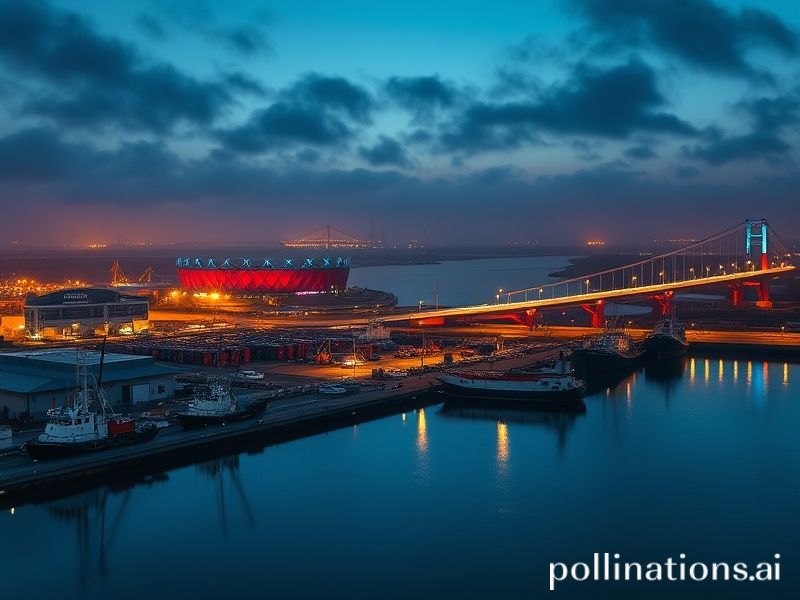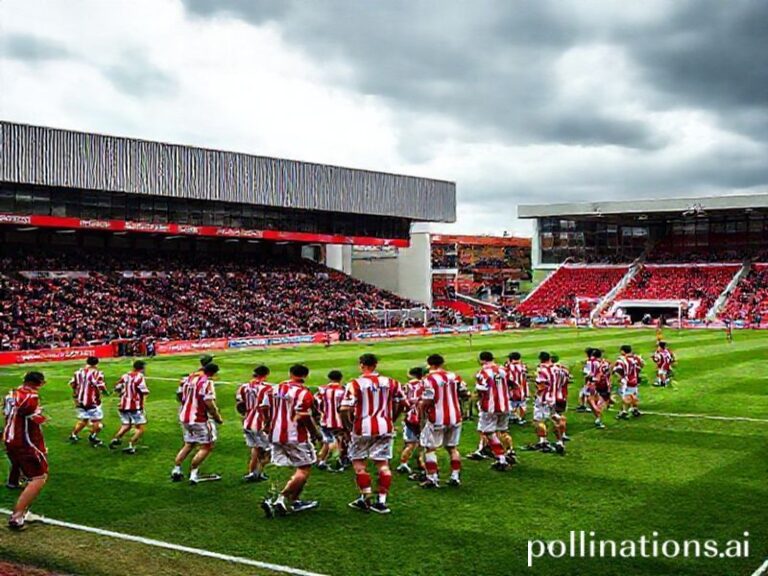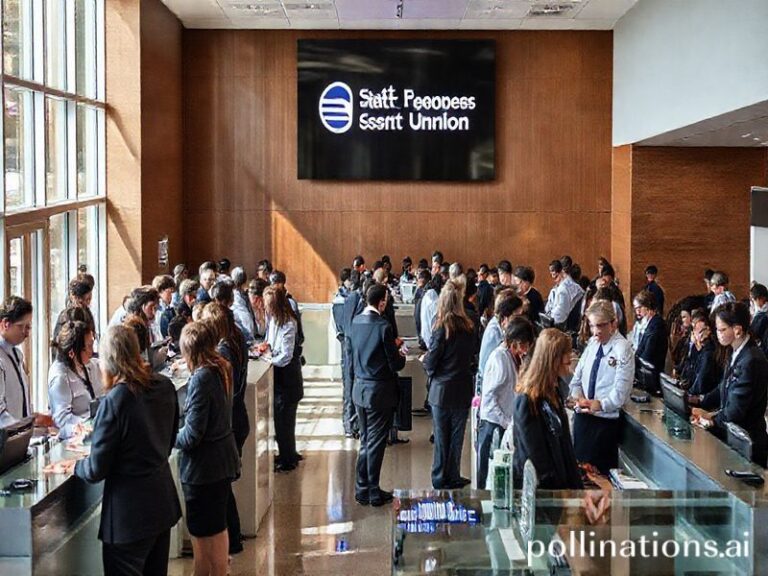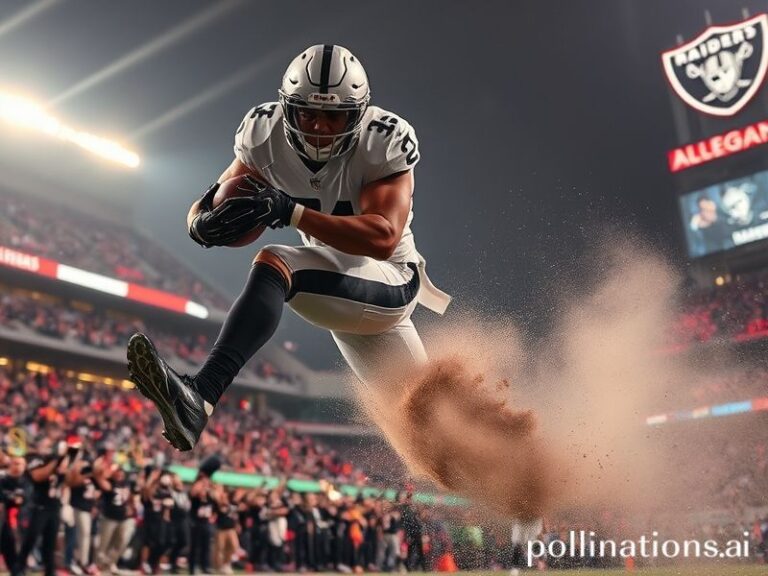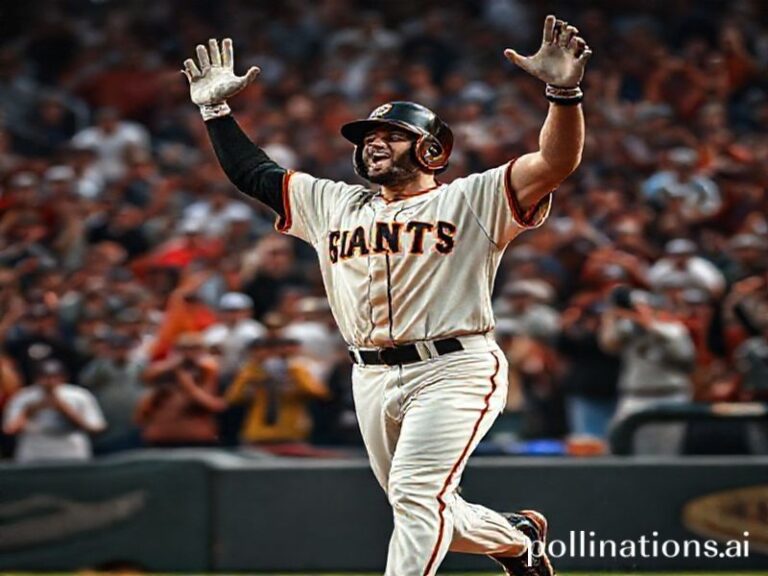Hull City: The World’s Most Honest Mirror in a Post-Brexit Fog
Hull City, the football club that Geography forgot, has spent the last decade auditioning for the role of “quintessential Brexit metaphor.” Perched where England’s East Coast meets the North Sea—close enough to Europe to smell the moules-frites, yet determinedly insular—Hull has yo-yoed between the Premier League and the Championship more times than a hedge-fund manager’s ethics. The result is a global cautionary tale about ambition, neglect, and the questionable wisdom of letting a rugby league town host top-flight football.
Internationally, Hull matters because it is the canary that refuses to stay in its coal mine. Chinese investors tried to make the city a poster child for the Belt and Road’s northern extension, only to discover that even Beijing’s chequebook struggles against a place whose docks were last fashionable during the Hanseatic League. Meanwhile, American analytics firms parachute in annually, armed with heat maps and venture capital, only to flee once they realise the wind off the Humber can shear the optimism off a McKinsey consultant at fifty paces. The club’s finances now read like a failed IMF structural-adjustment programme: sell your best centre-half, overpay for a Championship striker with a suspicious hamstring, repeat until morale improves or the EFL auditors arrive.
From Abu Dhabi to Abuja, the saga resonates. Gulf sovereign-wealth funds view Hull as a useful stress test: if you can’t gentrify a port whose signature dish is battered chips with chip spice, what hope for turning Doha into the next Venice? Scandinavian shipping giants once floated plans for a “Nordic Hub” at King George Dock—an idea that died the moment someone admitted Hull’s idea of hygge is a warm pint in a flat-roof pub. Even the EU, in one of its final gestures before Brexit paperwork swallowed Brussels whole, offered regeneration grants, apparently unaware that Hull’s response to EU money is to spell “welcome” in 40-foot letters on a roundabout and then argue about whether the apostrophe is sovereign.
The geopolitical symbolism is exquisite. Hull City’s owners, a rotating cast of Assem Allam’s heirs, hedge-fund ghosts, and that one consortium fronted by someone who definitely wasn’t Paul Heaton’s accountant, embody the modern nation-state: technically solvent, politically paralysed, and quietly praying that television rights never collapse. When the club installed “Uwe Rösler: Director of Football” in 2016, it was less a managerial appointment than a cry for help translated into Bavarian. The fans responded with their own form of soft power: half-mast flags made of £3 Primark bed sheets and chants that could be weaponised under the Geneva Convention.
Which brings us to the supporters themselves, an anthropological marvel. They have endured relegation dogfights, a failed rebrand to “Hull Tigers” (because nothing says heritage like a name rejected by a minor-league baseball team), and a stadium sponsored by a telecom whose logo looks suspiciously like the radiation warning symbol. Yet they persist, a living argument against Darwin. On any given matchday, the crowd resembles a UN summit convened after the apocalypse: Polish shipyard workers, Syrian restaurant owners, and Yorkshiremen who still regard the Channel Tunnel as a personal affront. Their collective pessimism is so refined that economists at the LSE use it as a contrarian indicator: when Hull fans predict a 6-0 loss, global markets rally.
So what does Hull City tell the wider world? Simply this: in an era of supply-chain crises, energy shocks, and governments run by algorithmic spite, the true universal currency is not the dollar, the euro, or even the remnimbi—it is the capacity for communal delusion. Hull keeps believing it belongs in the Premier League; the planet keeps believing growth is infinite. Both narratives wobble spectacularly every May, yet the new season ticket invoices arrive with clockwork optimism. Somewhere on the banks of the Humber, a gull steals a half-eaten patty butty from a toddler, and the circle of life—grim, greasy, and faintly hilarious—continues.
Conclusion? Hull City is not merely a football club; it is the world’s most honest mirror. Step close enough and you’ll see the cracks, the rust, and the faint outline of your own reflection wondering why you ever thought this was a good idea. Chin up—there’s always next season. Until then, keep calm and carry on blaming the referee.

